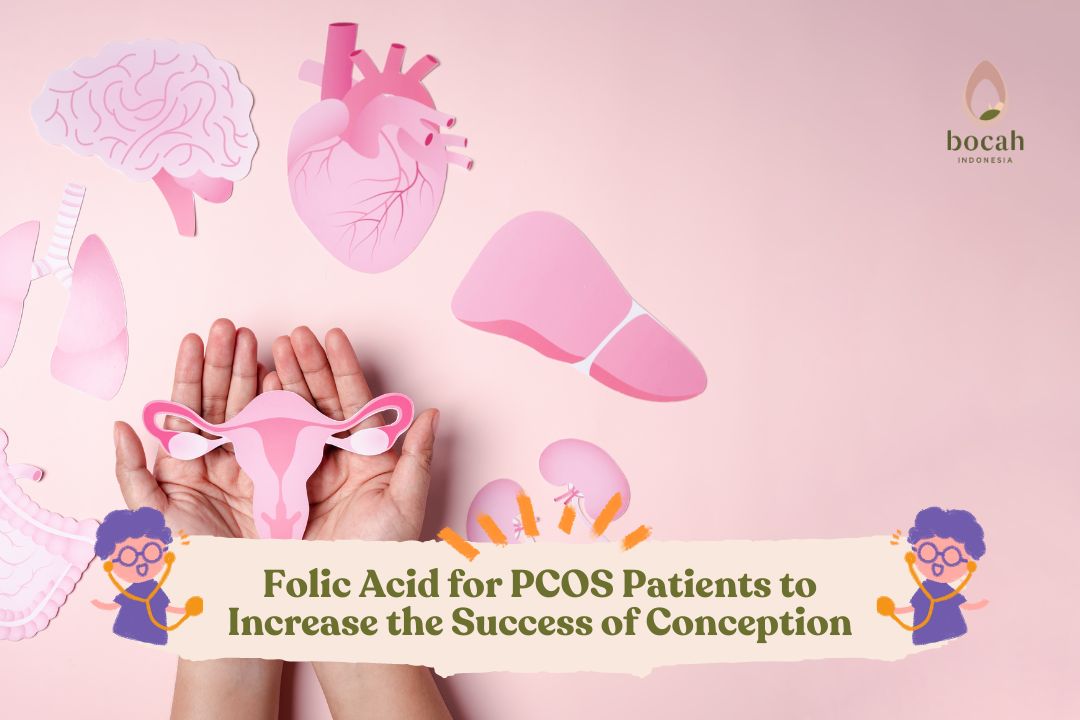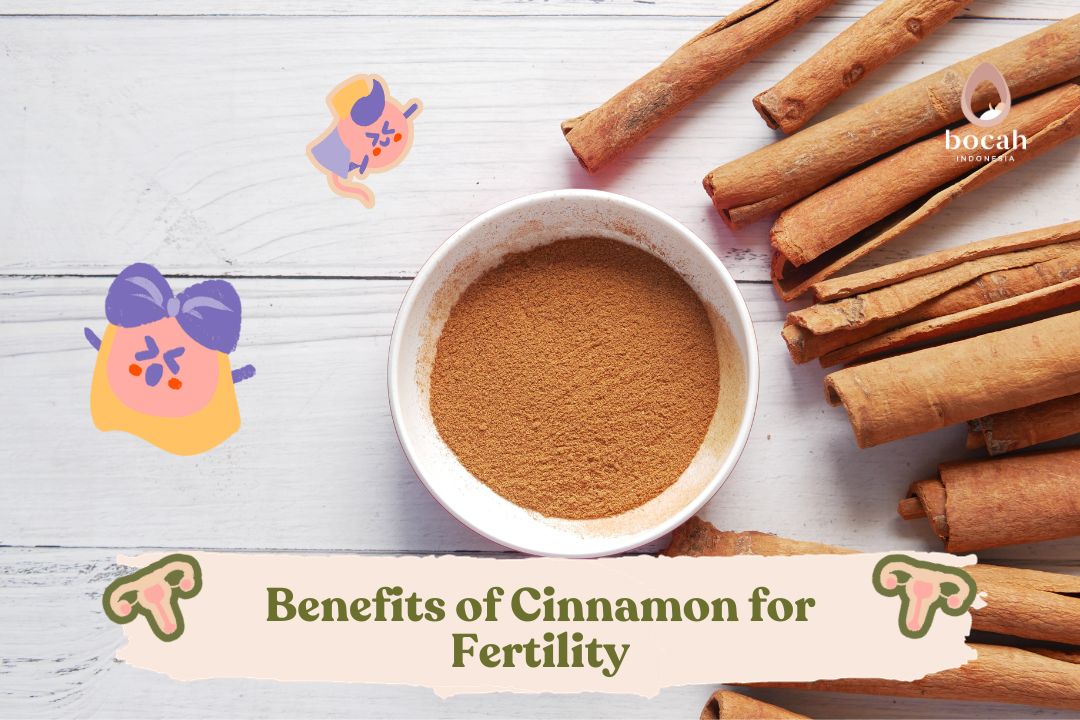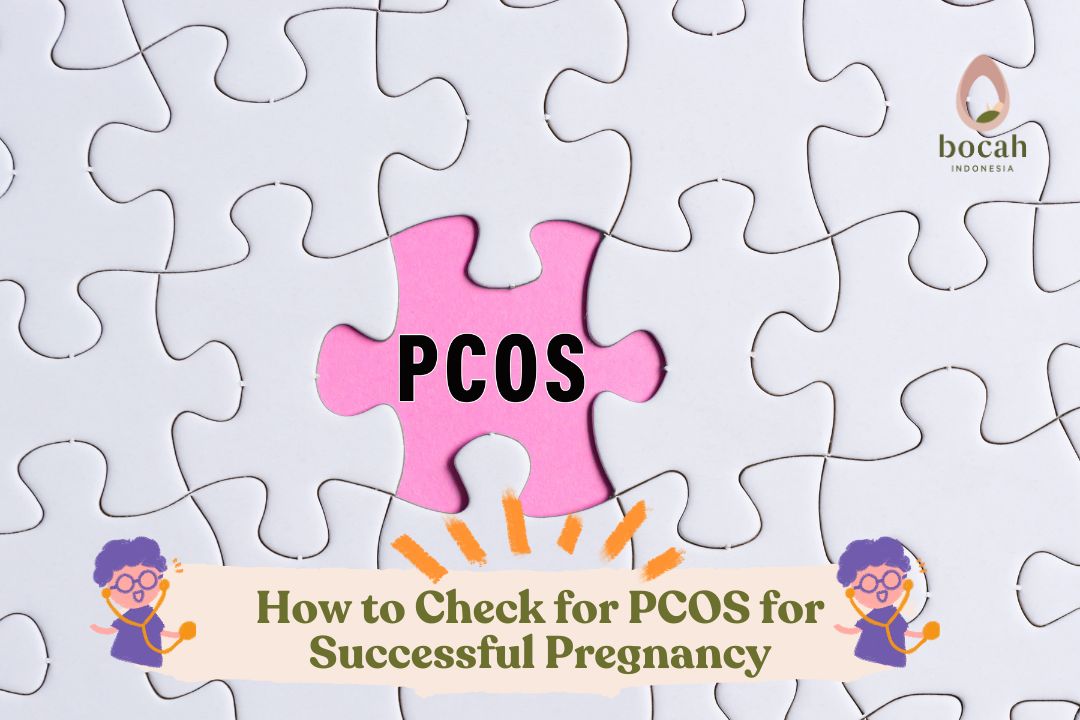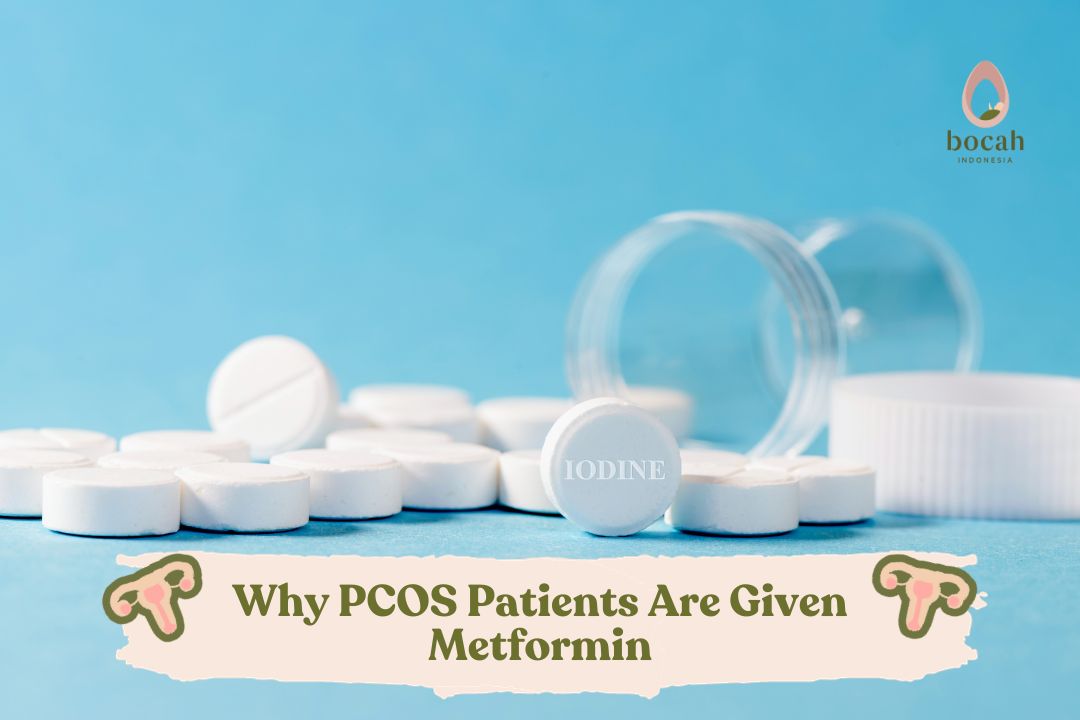Folic Acid for PCOS Patients to Increase the Success of Conception

Pregnancy programs that can be pursued by women with PCOS are tailored to their individual conditions with the assistance of a doctor’s examination.
Polycystic ovary syndrome, or PCOS, is one of the hormonal disorders experienced by women of reproductive age. This condition is caused by an excessive production of small cysts filled with fluid in the ovaries. This, in turn, causes the ovaries to fail to release eggs. Typically, women with PCOS have irregular menstrual cycles.
It’s important to note that women with PCOS still have the opportunity to achieve pregnancy, although it may require more effort and time. This is because the underlying causes of PCOS need to be addressed.
Many suggest that women with PCOS should consider taking folavit as part of their conception journey. However, is folavit the right choice for PCOS patients in a pregnancy program?
Folavit for Conceiving with PCOS
Have you ever taken folavit? Folavit is a vitamin B9 supplement or folic acid that is beneficial for preventing and addressing folic acid deficiency in the body. This supplement can be taken by adult women who are planning a pregnancy program, pregnant women, and nursing mothers.
Mulai Journey of Hope
The folic acid in folavit plays a crucial role in red blood cell formation and the growth of healthy cells. Folic acid is an essential nutrient for women who want to embark on a pregnancy program as it helps improve fertility, supports the formation of the fetus’s nervous system, and reduces the risk of neural tube defects such as anencephaly and spina bifida.
For women with PCOS, taking folavit can help meet the body’s folic acid requirements. However, is it effective enough for PCOS patients?
Folavit is a good supplement to fulfill folic acid needs in the body. It is often prescribed to support fetal growth. For pregnant women, folavit is beneficial in preventing neural tube defects, birth defects, and miscarriages.
According to Dr. Thomas Chayadi, Sp.OG, an obstetric and gynecology specialist at Bocah Indonesia, foods containing folic acid can make babies smarter.
“Food sources with folic acid content are important for a smart baby,” said Dr. Thomas.
In addition, consuming sufficient folic acid can also regulate women’s menstrual cycles. Research published in the journal Ann Epidemiol suggests that folic acid can help make menstrual cycles regular.
Other benefits of consuming folavit include preventing anemia and aiding the intestine in absorbing nutrients properly.
For mothers with PCOS who want to start a pregnancy program, it’s not just about taking folavit; they need to undergo fertility examinations first. The doctor will determine the cause and address it with medications or other methods.
If the doctor recommends folavit, then it should be taken according to the doctor’s instructions and prescription.
In addition to taking folavit, women with PCOS need to take several steps to make their conception journey more optimal. Some of the steps include achieving an ideal weight, consuming a balanced diet, and getting enough rest.
Folic Acid Consumption Dosage
Folic acid should be consumed when planning a pregnancy program. The recommended dosage is 400 micrograms of folate per day. For pregnant women, the recommended dosage increases to 600 micrograms per day.
Does folic acid consumption stop there? Well, after giving birth or while nursing, mothers can continue to consume the recommended daily dose of 500 micrograms of folate.
Folic acid can be obtained not only from folavit supplements but also from various sources such as breakfast cereals, corn flour, bread, and more.
For fathers who want to optimize the results of their conception journey, it’s advisable to consume folic acid. However, it’s important to consult a doctor for recommendations and proper usage.
Interested in fertility, conception, and pregnancy information? Let’s read more articles on Bocah Indonesia.
Source:
- Stanger, O. (2002). Physiology of folic acid in health and disease. Curr Drug Metab. 2002 Apr;3(2):211-23.
- Young, S.N. (2007). Folate and depression—a neglected problem. J Psychiatry Neurosci. 2007 Mar; 32(2): 80–82.
- Cueto, H.T., et al. (2015). Folic acid supplement use and menstrual cycle characteristics: a cross-sectional study of Danish pregnancy planners. Annals of Epidemiology, Volume 25, Issue 10, October 2015, Pages 723-729.e1.
- 12 Foods to Help You Get Pregnant Faster - 03/03/2026
- 3 Juice Recipes for a Pregnancy Program - 26/02/2026
- 4 Risk Factors for Infertility That Can Affect Both Men and Women - 25/02/2026











